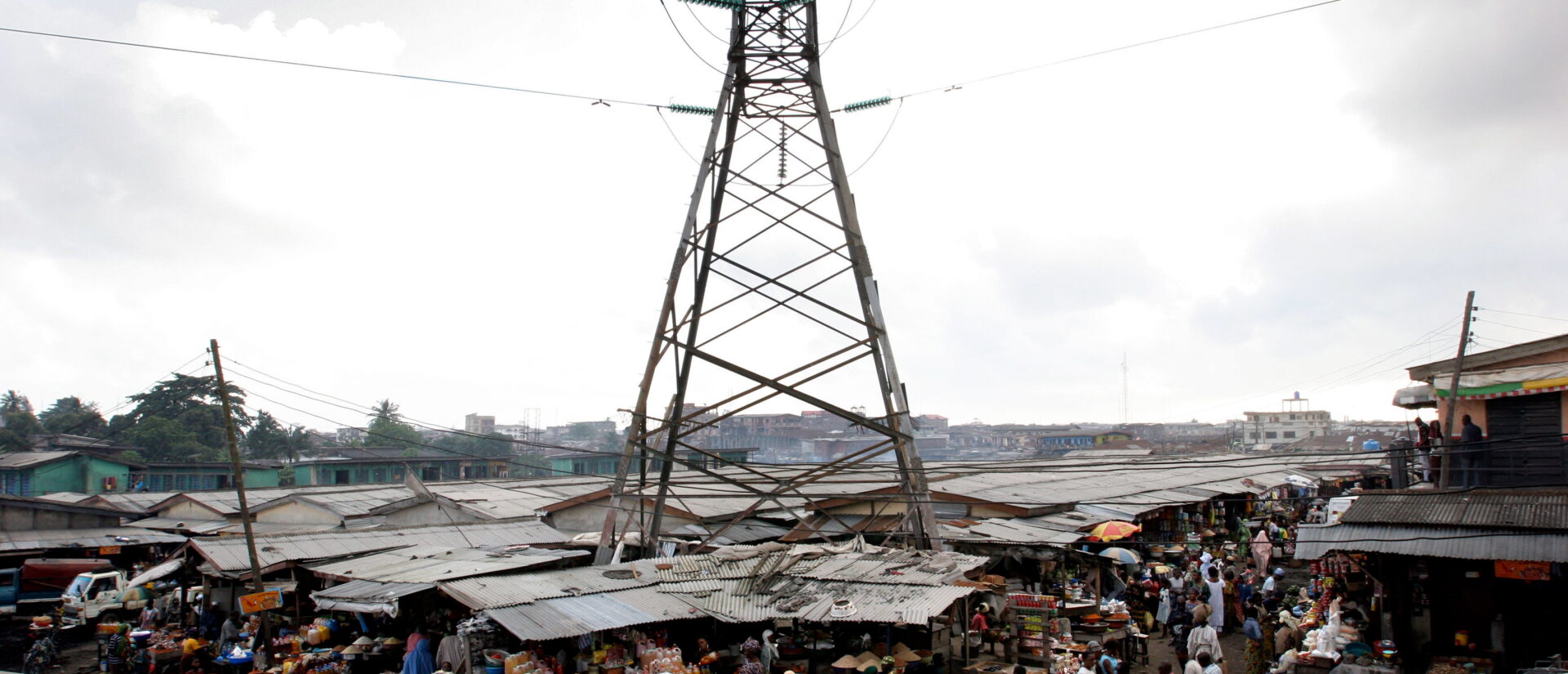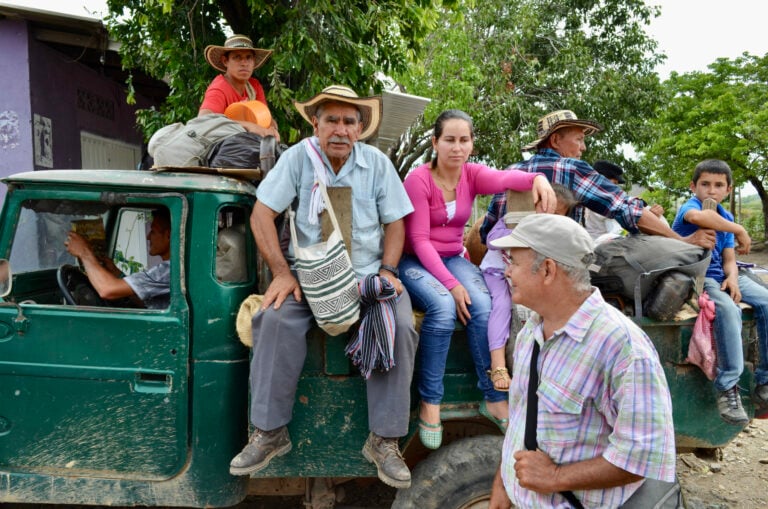
Electricity companies leave poor in the dark
According to a study on the impacts of transnational corporations on sustainable electricity provision in developing countries, published by SOMO today, the presence of transnational electricity corporations often does not benefit local communities in developing countries.
SOMO’s “Down to the Wire” report investigates the conditions surrounding projects of the Spanish company Endesa, the US-based utility AES and Norway’s SN Power. The study examines the effectiveness of the companies’ corporate social responsibility (CSR) policies through case studies in Argentina and Peru.
SOMO researcher Joseph Wilde-Ramsing: “Although the electricity sector has great potential to contribute to local economic and social development, interviews with local stakeholders reveal that transnational electricity companies do not serve the communities closest to their power plants, and in some cases the presence of these companies aggravates the vulnerable conditions of poor communities”.
At one Endesa plant in Buenos Aires, local communities have taken legal action against the company for constructing high-tension electricity cables over their homes without having adequately consulted them. Residents fear for their safety and are concerned about the health effects of electromagnetic fields. According to researcher Tim Steinweg, “building these high-tension power lines while there is scientific uncertainty about the health effects of electromagnetic fields is a clear violation of the internationally established precautionary principle”.
Another case study on AES’ activities in Argentina reveals that the company’s insufficient investment in electricity infrastructure has resulted in power outages and endangered public health and safety, with residents complaining of electricity poles falling down and transmission boxes exploding. AES has been fined multiple times by the Argentine regulator. The company has now pledged to make the necessary investments, but it remains to be seen whether it will actually do so. SN Power appears to fare better with local communities in Peru, but electrification rates remain below 50% in many areas in which the company operates, and local officials complained that the company is unwilling to take up the costs of rural electrification. Instead, the company’s CSR programme is focused on assisting communities in approaching the government to request implementation of electrification schemes.
In many cases, genuine engagement with affected stakeholders is replaced by charity and philanthropic activities. Local stakeholders observe that the companies’ interactions with communities are often limited to handing out candy bars rather than meaningfully involving communities in decision-making on critical issues.
According to Wilde-Ramsing, “the lack of clear criteria for sustainable electricity provision and the inconsistent application of the various social, environmental and economic standards by electricity multinationals reveal a clear need for external standard-setting and monitoring at the international level. In the absence of such international normative standards, the companies must develop policies on CSR, along with programmes for ensuring and monitoring the implementation of the policies into practice on the ground in developing countries. Such monitoring should involve representatives of key stakeholder groups, particularly unions, affected communities, and local energy planners.”
Related news
-
Overconsumption of transition minerals will cost us the earthPosted in category:Opinion
 Alejandro GonzálezPublished on:
Alejandro GonzálezPublished on: Alejandro González
Alejandro González -

-


